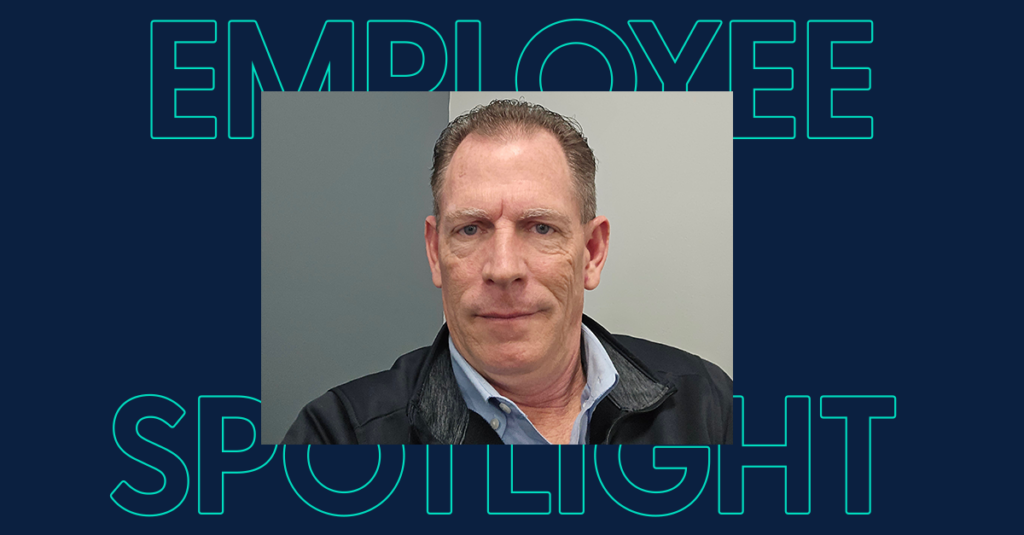
What inspired you to pursue a career in cybersecurity?
My career in cybersecurity was a natural progression. Starting in technology prior to Y2K, my journey began with a telecommunications company. At that time, having a T-1 (1.544Mbps) internet connection and a Cisco 1720 router with an IOS firewall was considered the best “security” a small business could get. As technology evolved, I embraced new innovations as they entered the tech stack.
I’ve always advised my clients that being “cutting edge” is much different than being “bleeding edge.” Some essential characteristics that have guided my path in cybersecurity include:
- Passion for Technology
- Desire to Protect Others
- Problem-Solving Skills
- Intellectual Challenge
- Personal Experience & Security Concerns
- Embracing the Opportunity for Innovation
- Understanding the Global Impact
- Enjoyment of Career Flexibility
What certifications or qualifications do you have that help you in your role?
My qualifications span both educational and practical experience, helping me navigate the ever-evolving cybersecurity landscape. These include:
- Educational Background — B.S. from Rowan University with a focus on Information Technology.
- Technical Skills — Networking knowledge, operating systems, cryptography, and penetration testing.
- Soft Skills — Problem-solving, critical thinking, attention to detail, communication, and collaboration.
- Legal and Ethical Standards — Knowledge of GDPR, HIPAA, and CCPA to prevent legal and compliance issues.
- Certifications — Currently pursuing my CompTIA Security+ certification and GIAC.
How long have you been in the cybersecurity field, and what changes have you seen over time?
I entered the technology space during the Y2K transition — it was a wild ride. The fear, uncertainty, and doubt about what would happen when the calendar moved from 1999 to 2000 were intense. My uncle, a retired IBM programmer, became a highly sought-after expert, essentially handed a blank check to ensure companies would survive the “date change.”
That experience taught me a valuable lesson: having in-demand skills is critical for long-term success.
Starting with a telecom company, I learned about voice, data, and network connectivity, along with the importance of security. It was a time of convincing early adopters to protect their data and overcoming the skepticism of others. Fast forward to today, cybersecurity has grown far more complex, and adopting a layered approach to security is now essential.
What is one piece of advice you would give to someone starting in cybersecurity?
Prepare for change — all the time.
I liken it to my love for boating: one minute the seas are calm, and the next, you’re facing 10+ foot swells with your vessel taking on water. The difference between success and failure lies in your experience and preparation. The same holds true in cybersecurity — constant learning and adaptability are key to staying ahead of emerging threats.
